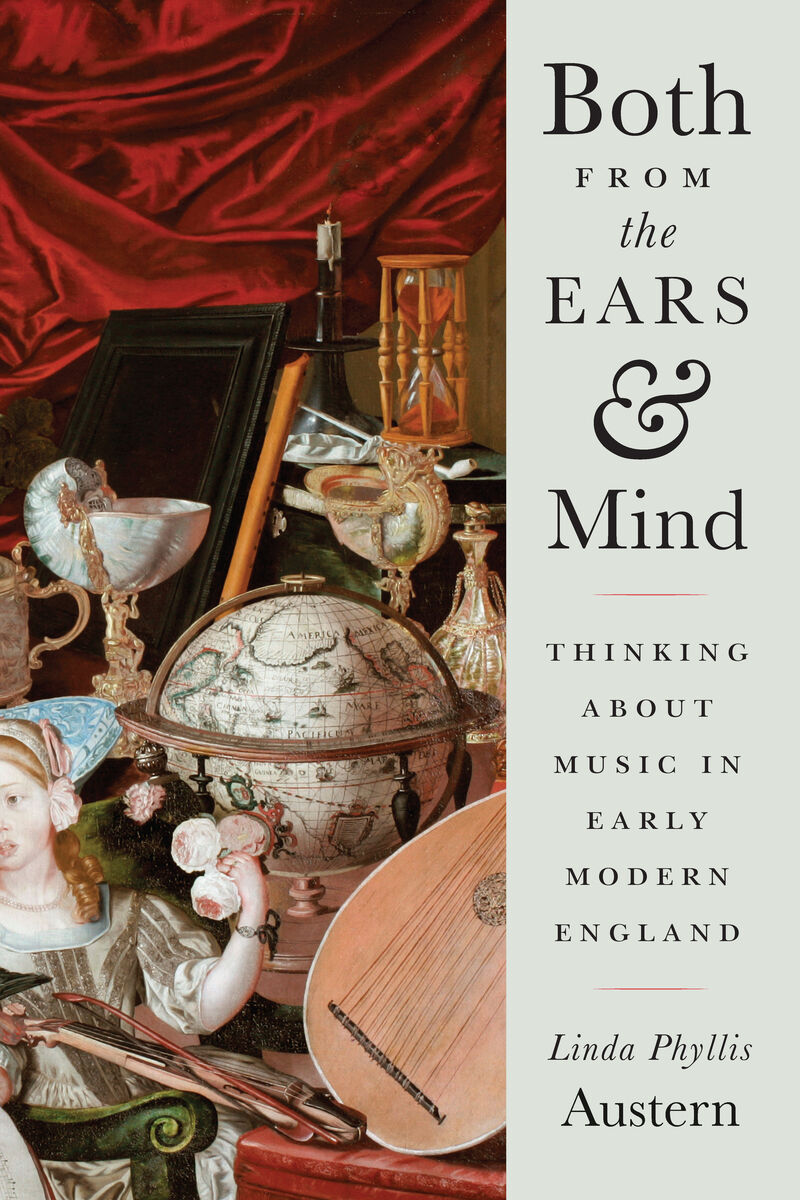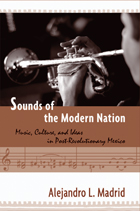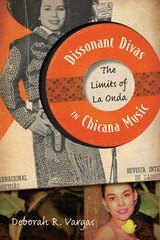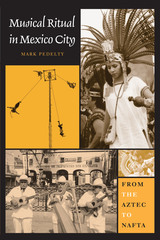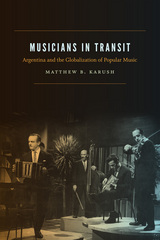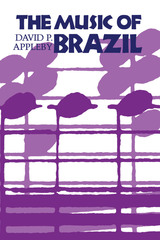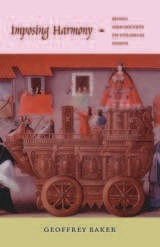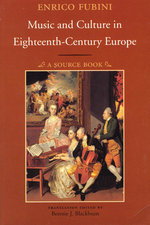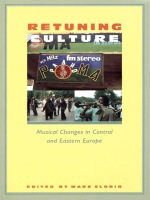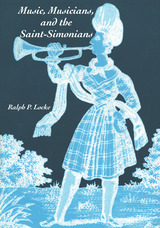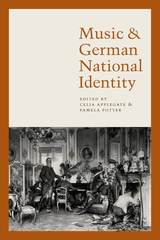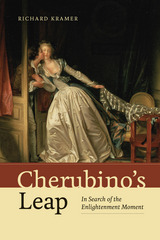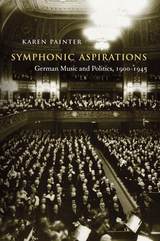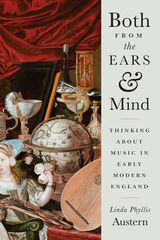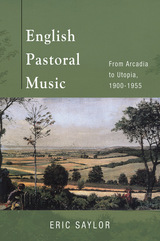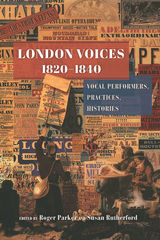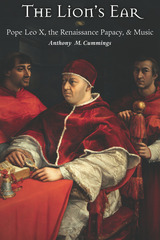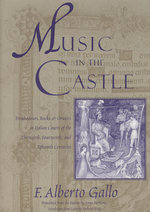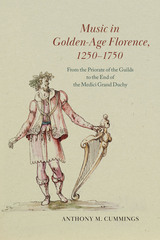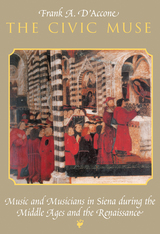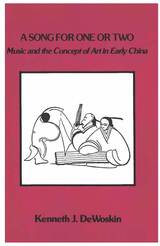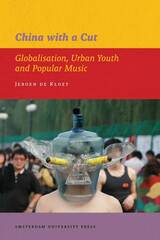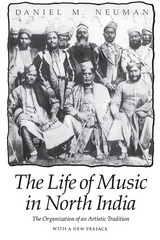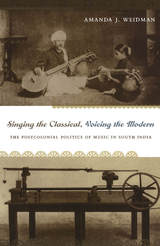“If anyone in England from 1500 to 1700 has written about music, Austern has read it. Both from the Ears and Mind is a magnum opus that draws together twenty-five years of research and publication. No existing scholarship on ideas about music in early modern England has the range and the depth of Austern’s. Musicology scholars will find in Austern a resource that will challenge and complicate received ideas about early modern tonality, harmony, rhythm, and performance.”
— Bruce Smith, University of Southern California
“Having undertaken a comprehensive survey of many and often little-known sources in manuscript and print, Austern has created an unequaled storehouse of ideas about music that circulated in early modern England. Her fascinating book practically overflows its covers with discourses of music’s powers and effects, notably on the self and society, that reveal how this elusive topic lay virtually at the heart of the early modern English intellectual enterprise. Austern vividly portrays how, at a time of rapid religious and social change, urgent debates about music’s role in worship were conducted even while music itself served as both a civilizing and disrupting influence on society. This book makes a major contribution to the expanding field of sound studies and to sensory history more generally.”
— Penelope Gouk, University of Manchester
“Both from the Ears and Mind is a marvelously valuable and stimulating guide to the many ways in which early modern thinkers contemplated music. It traces the importance of music through all areas of intellectual endeavor and draws upon an immense range of contemporary writings. No other analysis of this material is so encyclopedic, sophisticated, and deeply learned. Austern’s book deserves to be read by everyone with an interest in music of the sixteenth and seventeenth centuries.”
— Christopher Marsh, Queens University Belfast
"The mental, experiential and musical landscapes of human beings in the 16th and 17th centuries were different from ours. Austern’s latest book is an ambitious attempt to map out that territory in detail."
— BBC Music Magazine
“The impact of Linda Phyllis Austern's Both from the Ears and Mind: Thinking about Music in Early Modern England will be felt well beyond the field of musicology. Both from the Ears and Mind is perhaps the most explicit and thorough monograph-length analysis of early modern English thought about music to date. . . . Austern shows us not only why music is absolutely indispensable to an understanding of late sixteenth- and early seventeenth-century intellectual life, but also why the discourse about music at this time is more meaningful than often assumed.”
— Journal of British Studies
"Linda Phyllis Austern’s latest contribution to early modern studies is wide-ranging, extremely learned, and illuminating to those interested in the history of ideas in general and the history of ideas about music in particular... Austern’s book is filled with knowledge distilled and clarified. She has digested and made comprehensible many of the most important ideas from the sixteenth and seventeenth centuries, from humoral theory to cosmology, and shown how music is at the heart of them."
— Seventeenth-Century News
"Austern’s densely packed, highly learned study is an excellent guide to the various ways that our predecessors grappled with music’s slippery and mysterious powers on body and soul. . . . Both from the Ears and Mind provides a rich array of material that will undoubtedly foster much new research on early modern English musical culture."
— Journal of Seventeenth-Century Music
"With its wide-ranging scope and multidisciplinary approach, this book should become essential reading for musicologists, historians, and indeed anyone who wants to further their understanding of the complex relationship between 'actual' music as performed and listened to and ideas about music that are held in a given society, including, but not limited to, early modern England."
— Revue de Musicologie
"A densely packed meditation on the shifting epistemologies of music in England."
— Exemplaria
